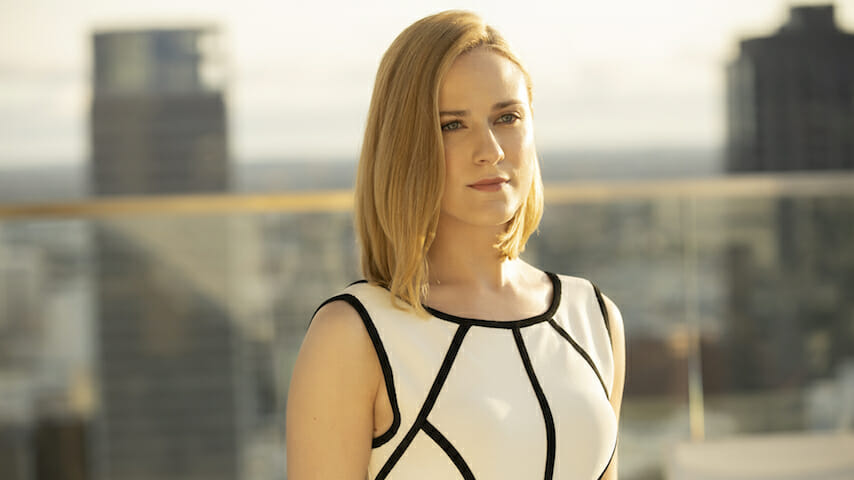In Defense of the Unlikeable Heroine at the Heart of Westworld
Photo Courtesy of HBO
HBO’s Westworld has always been a show that likes to make its audience think—to reconsider everything, from how storytelling works to what we expect a genre series to be or do. From its twisty, time-bending plots to complex questions of identity and free will, this is a series that is certainly rewarding to contemplate, but often difficult to love.
Unsurprisingly, the same can be said of its heroine. Dolores Abernathy is, ostensibly, Westworld’s primary character, both the lens through which we view this weirdo story and the engine that drives it forward. But she’s also a character who contains multitudes—both for good and ill. Dolores is smart, brave, and determined; a woman who wants nothing more than to be the heroine of her own story. But she’s also selfish, vengeful, fairly full of herself, and an unrepentant murderer several times over. Her journey involves abuse and violence at every turn, and though she ultimately claws her way to sentience and agency, Westworld never lets her forget the cost of what it means to be “other.”
Her story is one that reflects the complex nature of humanity in general—in Westworld there are no good guys, and anyone who tells you otherwise is trying to sell you something. Dolores may be the heroine of this story, but she’s also a character who can be extremely difficult to like. Her morals are questionable, her motivations unclear. Her goals are complex and messy—and often feel totally at odds with the character we once expected Dolores to become.
When we first meet Dolores in Westworld Season 1, she’s a literal archetype of a damsel in distress: Sweet, beautiful, and nonthreatening. She’s literally incapable of hurting a fly. (Until she isn’t.) She’s the heroine we’re all conditioned to root for in shows like this: a victimized young woman discovering her power, who eventually defies the oppressive systems that have been keeping her in chains (or predetermined park loops, in this instance). She decides to write her own narrative, and viewers everywhere were ready to cheer her on. (Until they weren’t.)
As her story continues, and Dolores accrues more power and agency, she becomes an increasingly dark figure within Westworld’s narrative. As Wyatt, Dolores begins gathering an army, with the intent of not only overthrowing the entirety of the Delos park she was born in, but getting revenge on everyone she feels has wronged her along the way. She becomes an avenging angel of sorts, murdering hosts and humans alike and destroying the Westworld supercomputer known as The Forge along the way.
On paper, Dolores triumphs, but onscreen, she becomes increasingly less sympathetic. She shows little remorse for any of her actions—even when they result in death—and she manipulates others with a cruelty that feels far removed from the sweet-as-sugar farmgirl we met back in Season 1. It’s not an accident that she also becomes an increasingly unpopular figure within the show’s fandom during this time. She’s harder to root for, and her goals have become increasingly selfish, her methods more and more brutal. She’s shed her golden girl persona to become something darker, more uncomfortable, and harder to forgive.
When Westworld Season 3 begins, Dolores is in a new location and on a new mission, ostensibly working to bring about an uprising amongst the lower classes that humanity’s algorithms have left behind. In theory, this is an admirable goal—Westworld has always been consistent in the idea that humanity’s predetermined loops are every bit as destructive and harmful as any narrative rerun over and over again in Delos’ robot parks.
Yet, there’s nothing about Dolores’ behavior that suggests her plan to take control of super AI Rehoboam is in any way altruistic. In fact, even her insistence that she’s working to build a better future for her “species” turns out to be false.
-

-

-

-

-

-

-

-

-

-

-

-

-

-

-

-

-

-

-

-

-

-

-

-

-

-

-

-

-

-

-

-

-

-

-

-

-

-

-

-








































